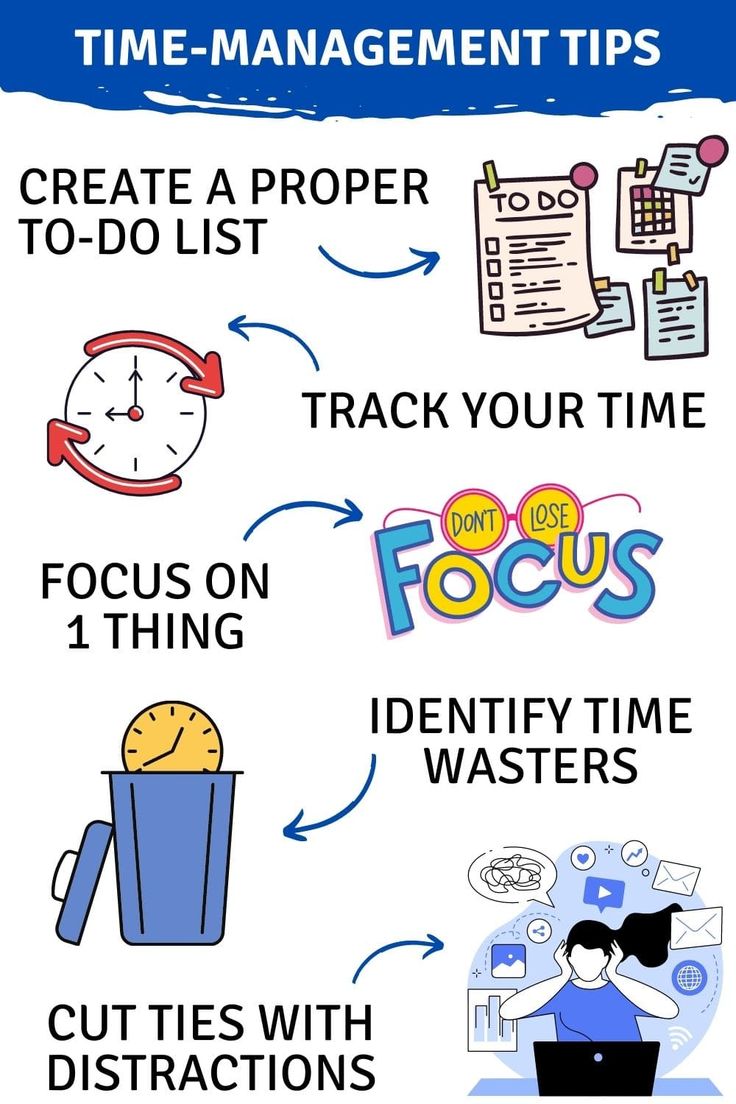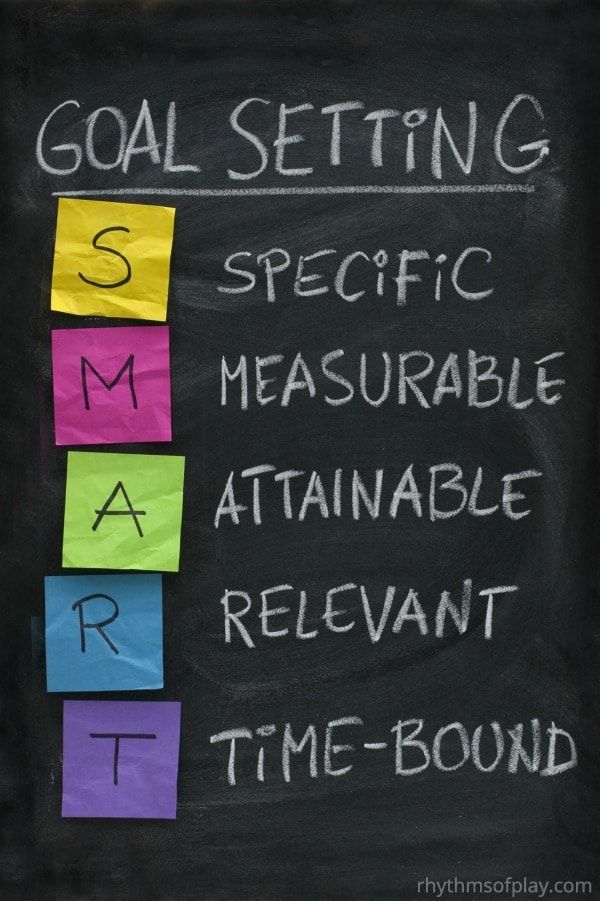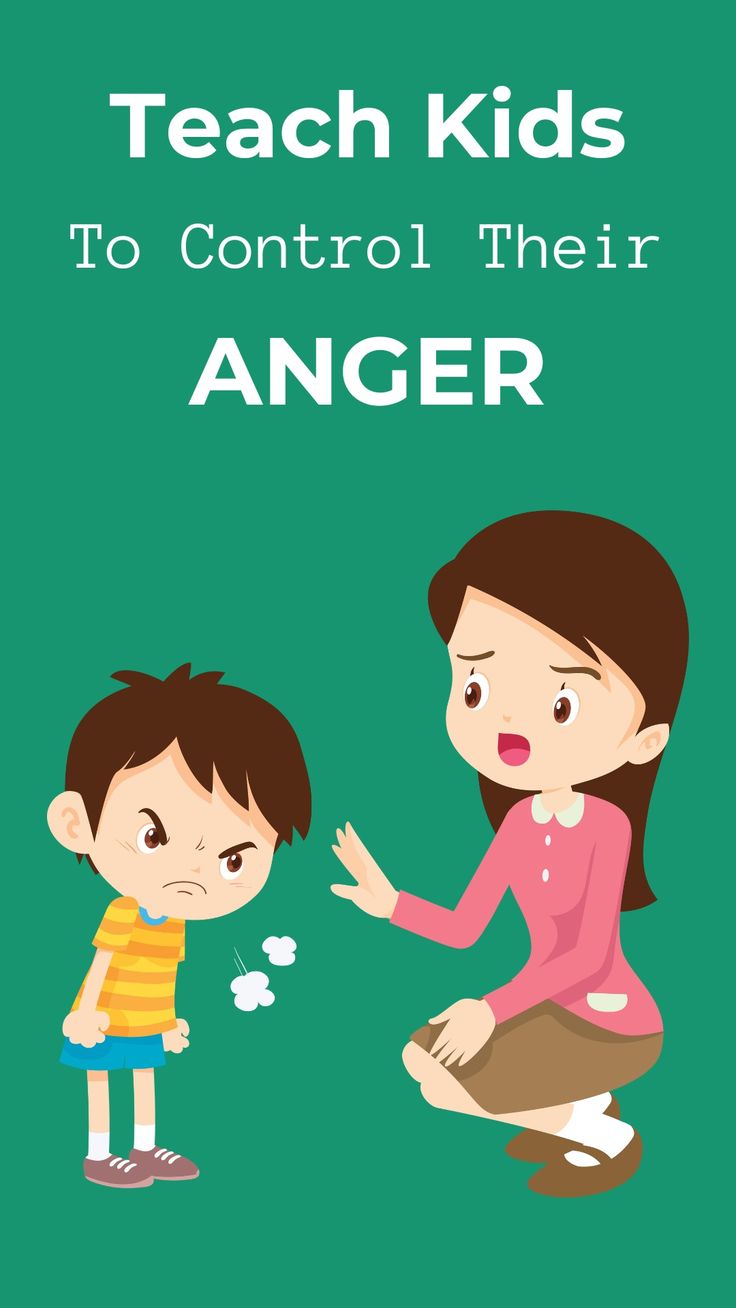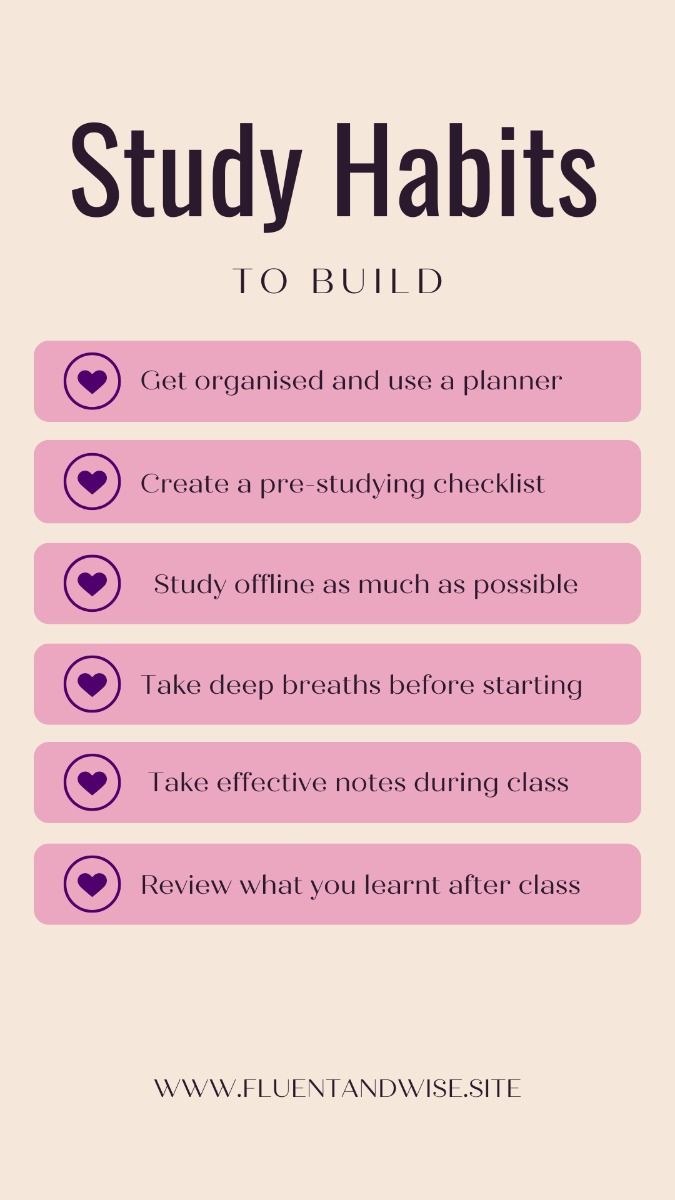How Self-Control Drives Academic Success in Students

Introduction
Academic success in students and self-control are some of the most important skills students can develop, yet they often go unnoticed in discussions about academic success. Studies show that self-control—the ability to regulate thoughts, emotions, and actions—is closely linked to higher grades and improved performance in school. Whether it’s resisting the temptation to check social media during study time or staying focused on long-term goals, self-control plays a critical role in achieving academic success in students.
In today’s fast-paced, distraction-filled world, students face constant challenges in their academics that test their self-discipline. By understanding how self-control influences key aspects of learning, such as time management, goal-setting, and emotional resilience, students can unlock their true potential. In this post, we’ll explore how self-control impacts academics and provide actionable tips for building this life-changing skill.
1. What is Self-Control and Why Does It Matter?

Self-control is the ability to delay gratification, resist distractions, and make choices that align with long-term goals. In an academic context, this means prioritizing study time over immediate pleasures like scrolling through social media or watching TV.
Here’s why self-control is so crucial for students:
- It helps maintain focus during long study sessions or challenging assignments.
- It reduces procrastination, which often leads to last-minute stress and incomplete work.
- It builds persistence, enabling students to stick with difficult tasks until they succeed.
For example, a student preparing for final exams must resist the urge to hang out with friends every evening and instead dedicate time to revision. While hard in the short term, this choice pays off when they achieve their academic goals.
2. Time Management and Productivity

Time management is one of the clearest ways self-control supports academic success. Students with self-discipline are better at organizing their schedules and prioritizing tasks, ensuring they meet deadlines without unnecessary stress.
How self-control improves time management:
- Planning study schedules: Students with self-control allocate specific times for studying, homework, and breaks.
- Avoiding procrastination: Instead of delaying tasks, they focus on completing them promptly.
- Balancing responsibilities: They manage schoolwork, extracurricular activities, and personal time effectively.
For instance, a student with good time management might use tools like:
- Planners or calendars to track assignments and exams.
- Productivity apps to block distractions during study sessions.
By controlling their impulses and sticking to a plan, these students improve their productivity and academic outcomes.
Transition: While managing time is important, self-control also plays a big role in setting and achieving academic goals.
3. Goal Setting and Academic Motivation

Setting realistic goals is another area where self-control shines. Students who practice self-discipline are more likely to stay committed to their goals and work toward them consistently.
The connection between self-control and goal achievement:
- Clear focus: Self-control helps students set specific, measurable academic goals.
- Persistence: Even when challenges arise, disciplined students stay motivated.
- Avoiding shortcuts: They value genuine effort over quick fixes or cheating.
For example, a student aiming for a top grade in science might set smaller goals, such as mastering one topic each week. By practicing self-control, they remain on track and avoid distractions that could derail their progress.
4. Resisting Distractions in a Digital Age

Distractions are everywhere, especially in the digital world. Social media, video games, and online streaming platforms constantly compete for students’ attention. Self-control is the key to staying focused on academics despite these temptations.
Strategies for resisting distractions:
- Create a distraction-free study space: Students should choose quiet areas and keep phones or other devices out of reach.
- Set specific study times: Scheduling focused study periods helps reduce aimless scrolling or gaming.
- Use focus apps: Tools like Forest or StayFocusd can limit time spent on distracting websites.
For instance, a student might dedicate the first two hours after school to studying, with their phone in another room. This habit builds concentration and prevents wasted time.
Transition: Beyond managing distractions, self-control also strengthens students’ ability to handle emotional challenges.
5. Emotional Regulation and Resilience for Academic Success in Students

Emotional challenges, such as frustration, stress, and anxiety, can negatively affect academic performance. Self-control helps students regulate their emotions, making them more resilient in the face of setbacks.
The benefits of emotional regulation:
- Staying calm under pressure: Students with self-control manage test anxiety or deadline stress effectively.
- Constructive problem-solving: Instead of giving up when they face difficulties, they focus on finding solutions.
- Building resilience: They bounce back from failures and use them as learning opportunities.
For example, a student who fails a math test might initially feel frustrated. However, with self-control, they can channel their emotions into studying harder for the next test instead of dwelling on disappointment.
6. Tips to Build Self-Control for Academic Success in Students

While self-control is crucial, it’s also a skill that can be learned and strengthened over time. Here are practical ways students can improve their self-discipline:
- Start small: Focus on building one habit at a time, like studying for 30 minutes daily before increasing the duration.
- Use rewards: Set up a system where completing tasks earns small rewards, like taking a short break or watching a favorite show.
- Practice mindfulness: Techniques like meditation or deep breathing improve focus and reduce impulsive behaviors.
- Create accountability: Share goals with a parent, teacher, or friend who can help monitor progress.
- Learn from setbacks: Instead of feeling discouraged, treat lapses in self-control as learning opportunities.
By consistently practicing these strategies, students can develop self-control that not only boosts their academic success but also benefits other areas of their lives.
Conclusion

Self-control is a powerful predictor of academic success. It influences critical skills like time management, goal setting, emotional regulation, and focus, enabling students to achieve their best in school. The good news is that self-control isn’t an innate trait—it’s a skill that can be nurtured with practice and persistence.
By understanding its importance and implementing simple strategies to build discipline, students can unlock their full potential. So, start today: embrace self-control, and watch how it transforms not just your academics, but your entire life.
How Self-Control Drives Academic Success in Students – FAQs
1. What is self-control in the context of education?
Self-control refers to a student’s ability to regulate emotions, behaviors, and impulses to achieve long-term goals. In education, it means staying focused on tasks, resisting distractions, and managing time effectively to excel academically.
2. How does self-control impact academic success?
Self-control helps students maintain focus, complete assignments on time, and prepare thoroughly for exams. It fosters discipline, which leads to better study habits, improved grades, and overall academic achievement.
3. Can self-control be improved in students?
Yes, self-control can be strengthened through practice and intentional strategies. Techniques such as setting clear goals, breaking tasks into manageable steps, and using mindfulness exercises can help students build better self-discipline.
4. What are the common challenges students face with self-control?
Students often struggle with distractions, procrastination, and emotional regulation. These challenges can stem from external factors like technology or internal factors like stress and lack of motivation.
5. How does self-control affect time management?
Self-control allows students to prioritize tasks, stick to schedules, and avoid procrastination. Effective time management leads to better productivity and reduces last-minute stress.
6. Are there tools or apps to help students develop self-control?
Yes, tools like Pomodoro timers, focus apps (e.g., Forest or StayFocusd), and task management platforms like Trello can help students build and maintain self-discipline.
7. What role do parents and teachers play in fostering self-control?
Parents and teachers can create structured environments, model disciplined behavior, and encourage consistent routines. Positive reinforcement for good habits and guidance in setting realistic goals are also vital.
8. How does self-control relate to emotional well-being?
Strong self-control helps students manage stress and avoid impulsive reactions, contributing to better emotional health. A calm and focused mindset improves learning and decision-making.
9. What are the long-term benefits of self-control for students?
Beyond academics, self-control equips students with skills for personal and professional success. It enhances resilience, decision-making, and the ability to achieve goals in adulthood.
10. Are there studies linking self-control to academic performance?
Yes, studies, including those by psychologists like Walter Mischel (famous for the Marshmallow Test), have shown that students with better self-control tend to perform better academically and have higher success rates in their careers.
Related Post



Nice one sir
No. 3 inspired
Thank you Brother
Kudos
Thank you Sir
Nice post you have there.
Thank you Brother
Thanks sir
You are welcome ma
Well-done sir.
BaarakaLlaahu feek.
Aameeen wa feekum BarakaLlahu. Thank you
Nice Write up
Barakallahu feekum
Thank you.
Aameeen